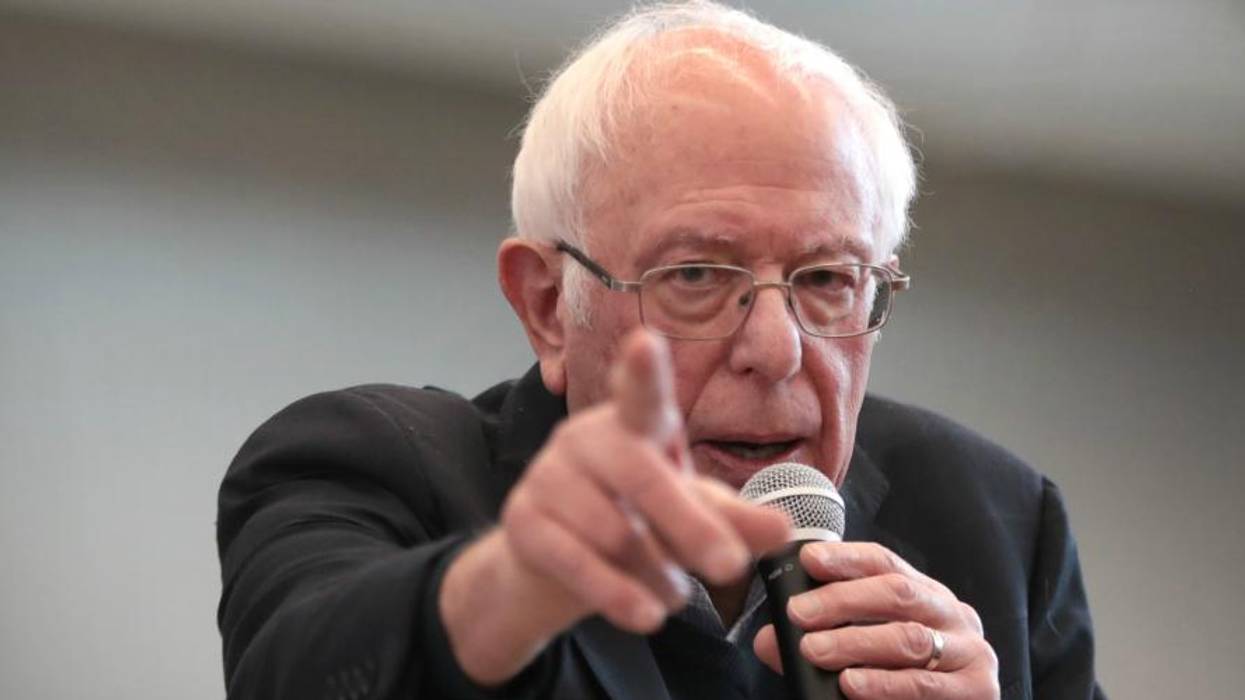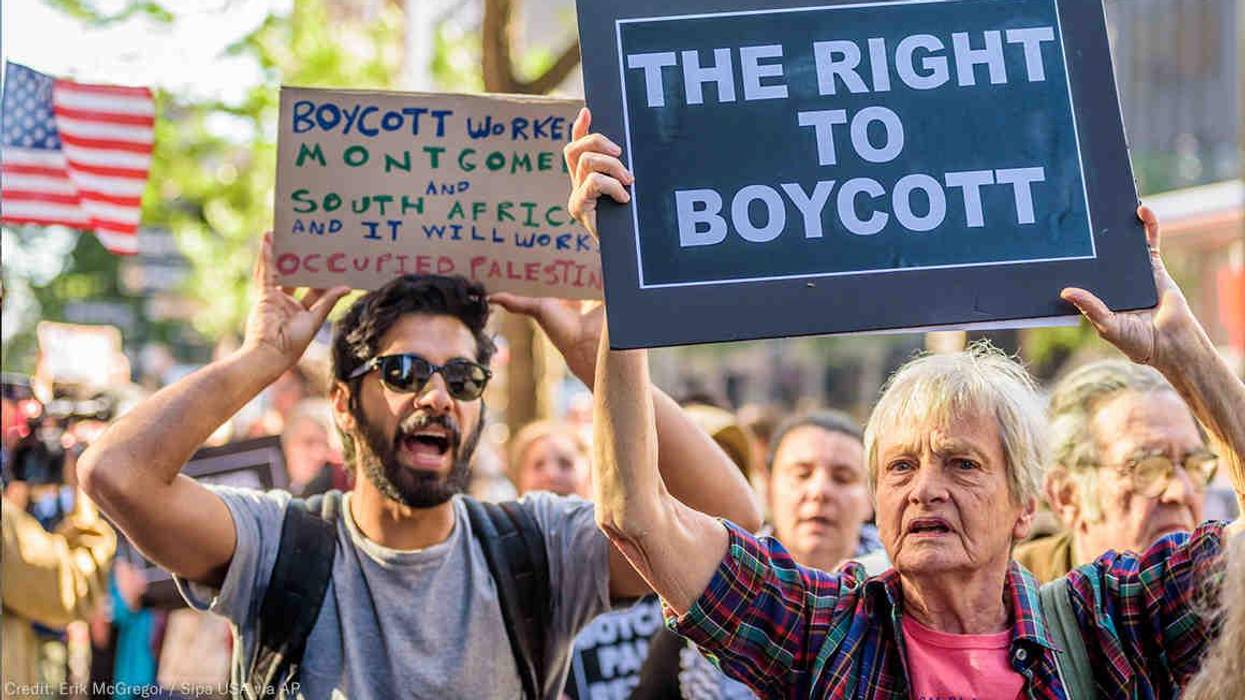El Salvador's Constitution probits reelection. However, after securing a legislative majority in 2021, Bukele's Nueva Ideas (New Ideas) party purged the constitutional court's judges and replaced them with ones loyal to the president. The court subsequently ruled Bukele was eligible to run again.
"Bukele, the evangelical dictator and human rights violator, holds on to power in El Salvador for five more years," lamented prominent Salvadoran academic Aníbal Garzón.
"But we leave the E.U. and U.S. sanctions for Venezuela, Cuba, and Nicaragua, since he 'may be a son of a bitch, but he is our son of a bitch,'" Garzón added, referring to then-U.S. President Franklin D. Roosevelt's purported quote about Nicaraguan dictator Anastasio Somoza García.
Speaking before an elated crowd outside the presidential palace in San Salvador, Bukele said Sunday night that "today, El Salvador has broken all the records of any democracy in the history of the world! Never before has a project won with the number of votes we obtained."
"We literally went from being the most unsafe country in the world to the safest in the Western Hemisphere," he continued.
Then, taking aim at his detractors, Bukele noted that "they say I'm violating human rights."
"Whose human rights?" he asked. "Of honest people? No. Putting the human rights of honest people before the human rights of criminals is all we've done, and they call that 'violating human rights'?"
"I ask the organizations, the governments of foreign countries, I ask the journalists, why do you want us to be killed?" he continued. "Why do you want to see the blood of Salvadorans?... Why must we and our children die so that you are happy that we're respecting the false democracy that you don't even respect in your own countries?"
Abraham Abrego, director of strategic litigation at the Salvadoran human rights watchdog Cristosal, told the Buenos Aires Herald that, under a state of emergency declared in 2022 by Bukele, "we are seeing things we hadn't seen since the armed conflict, like forced disappearances and systemic torture," a reference to crimes committed by U.S.-backed death squad governments during El Salvador's 1979-92 civil war.
"Any person can be arrested because these raids are being carried out without prior investigation or court order," Abrego added.
Rina Montti, also from Cristosal, said: "Human rights violations have been constant during the Bukele administration. We can only expect it to continue growing because everything indicates that he will continue with these public policies. The dictatorship is going to be fully legalized."
As the Herald noted:
By the end of 2023, over 74,000 people had been arrested since the beginning of the state of emergency. Less than a third were estimated to be gang members, charged merely based on neighborhood testimony, prior arrests, or for simply having tattoos. Currently, around 2% of the adult population is incarcerated.
Amnesty International presented a report in December of last year, calling the situation in El Salvador "extremely alarming." In addition to abuse in penitentiaries, the NGO warned about the weakening of judicial independence and a crackdown on freedom of expression, with government discourse in the media consistently targeting and harassing groups that defend human rights and journalists who publish any form of criticism.
Citing figures from the Association of Journalists of El Salvador (APES), the Salvadoran news website El Faro said there have been at least 164 press freedom violations or attacks since January 5, the bulk occurring on Sunday. The most serious alleged violations involve police blocking journalists from working near polling centers.
APES reported cases of "intimidation, harassment, and stigmatizing statements by public officials."
El Faro also detailed what it said were government violations of the country's election rules, airing pro-Bukele television and radio ads despite a ban on such broadcasts three days before elections, poll workers in some locations wearing identification from Bukele's Nuevas Ideas party, and the president campaigning on Election Day.
On Monday, Democratic U.S. Sens. Ben Cardin (Md.), Dick Durbin (Ill.), Tim Kaine (Va.), and Jeff Merkley (Ore.) said in a statement, "We are troubled by the unconstitutional moves that strongly influenced the outcome of Sunday's election... and the rapid undermining of the rule of law and human rights protections."
The senators' statement follows a January 30 letter by U.S. House Democrats led by Rep. Ilhan Omar (D-Minn.) to Secretary of State Antony Blinken decrying "democratic backsliding and an increase in reports of human rights violations in El Salvador."




